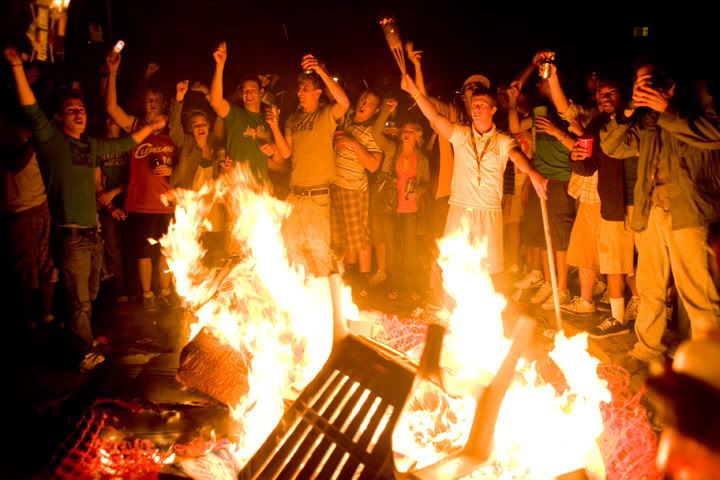
Brad:
I want to live in a nice, big log cabin on a few acres of forested land out in the country. I would like to have a 3-door garage and a red Porsche 911 Carrera for Sunday drives. Inside I would like a large open kitchen/living room for entertaining family and friends. I would like to live in a rural, yet populated area with a good school system and a close town nearby. These are the things I feel are necessities to living a long and blissful life.

Breanna:
I want to live on 5 acres of land with a house and a large red barn. In the barn I would keep my ATV and get that out on the weekends to take rides through the woods. I would love to have the town where I live have a fairground where I can eat great food, see truck and tractor pulls, and hang out with all my family and friends.

Emily:
I want to live in a suburb of Columbus at a healthy distance from my family in a house in a culdesac. I would love to have a large kitchen inside and a huge backyard. I want to have a garden with colorful flowers and tall trees. I want a wooden deck and a pool to entertain guests outside. On the deck I would love to have speakers to listen to music outside. These would be all the resources I would need in my life to make me happy.
-TwoGirlsOneGuy






















